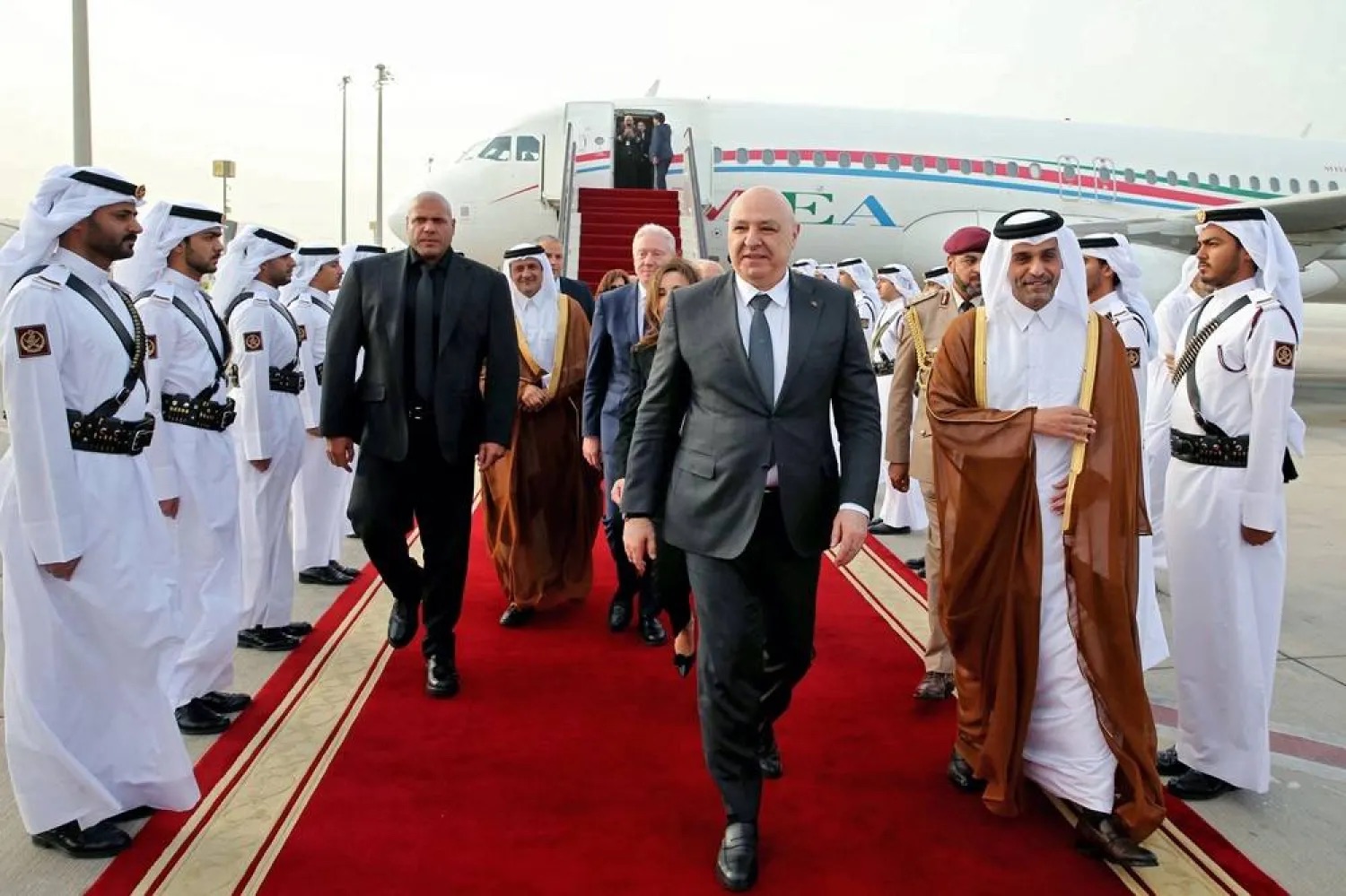Lebanese President, Joseph Aoun, is set to visit Kuwait on Sunday, May 11, based on an invitation from the Emir of Kuwait, Sheikh Mishal al-Ahmad al-Jaber al-Sabah. The invitation focused on Kuwait’s commitment to strengthen historic ties and explore ways to enhance collaboration across different sectors, according to LBCI.
Lebanese Foreign Minister, Youssef Raggi, described Aoun’s visit to Kuwait as highly symbolic, signaling a renewal of ties and the rejuvenation of Lebanon’s relationship with Gulf states after years of strained conditions.
This comes after the United Arab Emirates recently lifted the travel ban that prevented citizens from traveling to Lebanon.
Such steps represent a growing trust in Lebanon’s new governance and upcoming potential reforms. These also reportedly relate to the diminished influence of Hezbollah, the role of which is considered a major factor in Lebanese-Gulf relations.
Increased Convenings
Aoun’s visit comes at the background of numerous other Lebanese-Gulf convenings organized throughout the last few weeks. On Thursday, Minister of Energy, Joe Saddi, welcomed in his ministerial office the Director-General and Chairman of the Board of the Arab Fund for Economic and Social Development, Bader Mohammad al-Saad, and his delegation.
The discussion focused on Lebanon’s cooperation with the Fund and focused on potential ways forward in specific sectors such as electricity and sanitation.
Last month, president Aoun had met with the CEO of Kuwaiti telecommunications group Zain, Bader al-Kharafi, and called for better cooperation between Lebanon and Kuwait, particularly in matters of economy and investment.
Upcoming Summer Season
These steps represent increasing signs of rapprochement between Lebanon and Gulf states and come at the context of an upcoming summer season and hopes of a revitalized tourism season.
Lebanon’s tourism sector has been repeatedly impacted by the back-to-back crises and, more particularly, by the ongoing Israeli aggressions.
Israeli forces’ repeated violations of the conditional ceasefire agreement and their continued strikes, particularly in South Lebanon, cause major concerns for the country’s security situation. In turn, this would likely have an impact on foreigners’ readiness to visit the country for tourism purposes.
All of these files, including Lebanon’s relationship with the Gulf countries, the tourism sector, and broader socioeconomic conditions remain closely interlinked. These files are also directly related to the continuation or cessation of Israeli aggressions, and to how Hezbollah’s relationship with Lebanon’s military and security apparatuses and political structures will advance.


